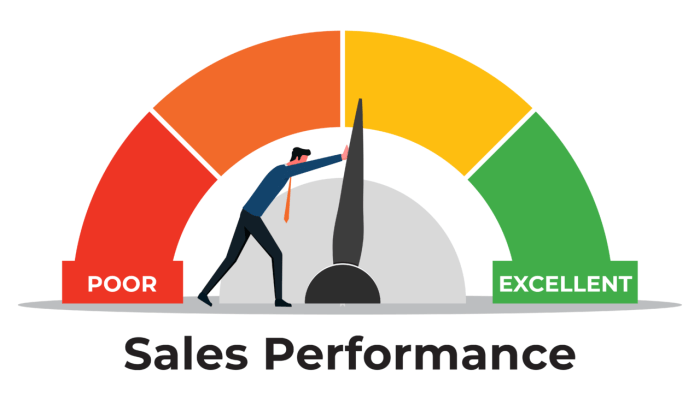Why CRM is a Game-Changer for Sales Teams: Maximizing Efficiency and Conversions – that’s the million-dollar question, isn’t it? In today’s hyper-competitive market, sales teams need every edge they can get. Forget spreadsheets and endless email chains; we’re talking about a revolutionary shift in how businesses manage their sales processes. Think smarter, not harder. This isn’t just about organizing contacts; it’s about harnessing the power of data to supercharge your sales performance and watch your conversion rates skyrocket. Get ready to ditch the old-school sales grind and embrace the future of selling.
This deep dive explores how Customer Relationship Management (CRM) systems automate tasks, improve lead management, provide crucial data insights, and ultimately, boost sales conversions. We’ll uncover how CRMs streamline communication, foster collaboration, and ultimately transform your sales team from good to unstoppable. We’ll even help you choose the right CRM for *your* specific needs, ensuring a smooth transition to this game-changing technology.
Introduction
Let’s be real, running a sales team without a Customer Relationship Management (CRM) system in today’s hyper-competitive market is like trying to win a marathon in flip-flops. It’s possible, but incredibly inefficient and frankly, painful. A CRM is your secret weapon, a game-changer that streamlines processes, boosts productivity, and ultimately, skyrockets your conversion rates. Think of it as your sales team’s personal assistant, on steroids.
CRM systems are essentially centralized databases designed to manage all interactions with current and potential customers. This includes everything from contact information and communication history to sales opportunities and deal progress. The core functionalities usually involve contact management, lead tracking, sales pipeline visualization, reporting and analytics, and often, integration with other business tools like email marketing platforms and social media.
Implementing a CRM significantly improves sales team performance by providing a single source of truth for all customer-related data. This eliminates data silos, reduces errors, and ensures everyone is on the same page. Better data leads to better decision-making, more effective targeting, and ultimately, more closed deals. Sales teams can track key metrics, identify trends, and personalize their approach to individual customers – all leading to improved efficiency and higher conversion rates.
Examples of Successful CRM Implementations
Several businesses have demonstrated the transformative power of CRM. Salesforce, the leading CRM provider, boasts a vast client base, including companies like Adobe and Coca-Cola, who have leveraged the platform to improve sales processes and customer relationships. Smaller businesses have also seen impressive results. For example, a local bakery might use a simpler CRM to manage customer orders, track loyalty points, and send targeted promotional offers, leading to increased repeat business and improved customer retention. The key is choosing a CRM that aligns with the specific needs and scale of the business.
So, there you have it – a clear path to transforming your sales team’s efficiency and skyrocketing conversions. Implementing a CRM system isn’t just about adopting new software; it’s about embracing a new sales philosophy, one built on data-driven decisions, streamlined processes, and empowered teams. From automating tedious tasks to gaining actionable insights, CRM empowers your team to focus on what truly matters: building relationships and closing deals. Don’t just take our word for it; dive in, explore the options, and prepare to witness the game-changing impact of CRM on your sales performance. The future of sales is here, and it’s smarter than ever.
